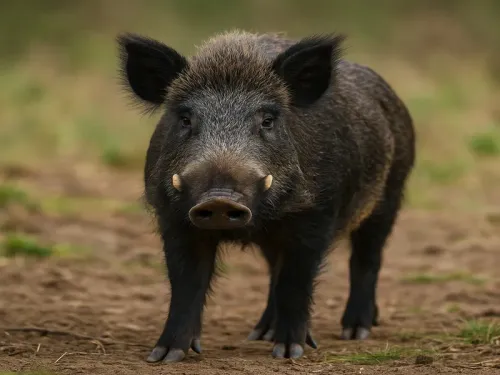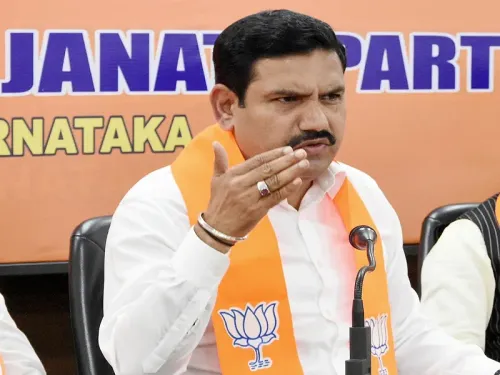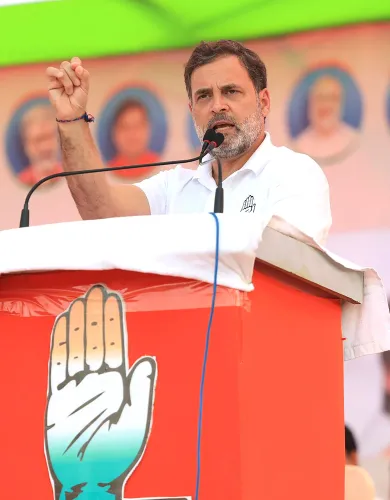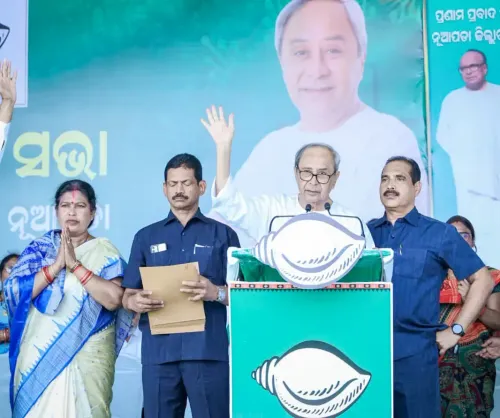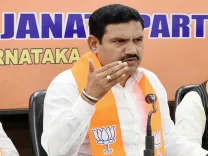Why Did the Delhi HC Slam Ramdev Over His New Video?
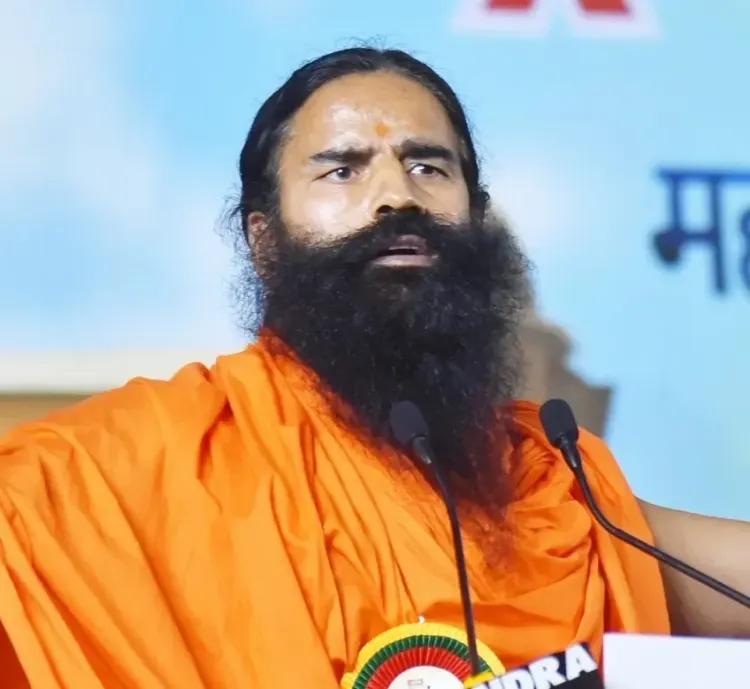
Synopsis
Key Takeaways
- Delhi HC criticizes Ramdev's video.
- Contempt proceedings may follow.
- Ramdev's counsel agrees to remove content.
- Importance of responsible public communication.
- Judiciary's role in communal matters.
New Delhi, May 1 (NationPress) The Delhi High Court expressed strong disapproval of Baba Ramdev's recent video that targeted Hamdard's well-known beverage, Rooh Afza.
A single-judge bench led by Justice Amit Bansal was reviewing a petition from Hamdard that sought the removal of Ramdev's contentious videos, which allegedly linked Rooh Afza to 'Sharbat Jihad'.
During the proceedings, the court learned that Ramdev had released another controversial video against Hamdard, despite a previous commitment to refrain from making such statements, advertisements, or social media posts.
In response, the Delhi High Court noted that this latest video was likely contemptuous and suggested it would issue a contempt notice to Ramdev, along with requiring his appearance.
Facing the possibility of an unfavorable ruling, Ramdev's lawyer agreed to remove the problematic content within 24 hours from all social media platforms.
The Delhi HC announced that it would consider Hamdard's request for an injunction regarding an earlier video from Ramdev, in which he allegedly associated Rooh Afza with 'Sharbat Jihad'.
While promoting Patanjali's 'Gulab Sharbat', Ramdev claimed that Hamdard was using its profits to construct mosques and madrasas.
Later, Ramdev defended his statements, asserting that he did not name any specific brand or community.
Previously, Justice Bansal had criticized Ramdev for using communal language against Rooh Afza, stating, 'This shocks the conscience of the Court. This is indefensible.'
After the Delhi HC indicated it would issue a stern order, Ramdev's counsel consented to retract the controversial video and advertisements.
Ramdev was instructed to submit an affidavit pledging not to distribute similar statements, advertisements, or social media content in the future, with the case rescheduled for further hearings on May 1.
Senior Advocate Mukul Rohatgi, representing Hamdard, argued that such videos should not be permitted 'even for a moment', noting Ramdev had previously targeted the herbal health firm Himalaya due to its ownership by a Muslim.
Rohatgi also referenced contempt proceedings initiated by the Supreme Court against Ramdev and Patanjali Ayurved's Managing Director, Acharya Balakrishna, for continuing to publish misleading advertisements and attacking allopathy. Last August, the pair were released from contempt notice following an apology delivered to the Supreme Court and a public apology printed by Patanjali in prominent newspapers.

